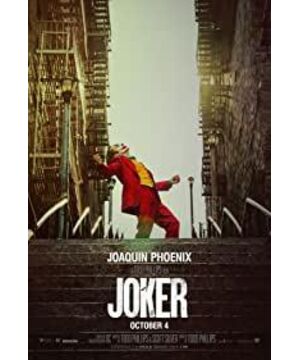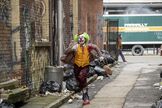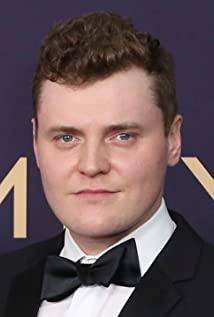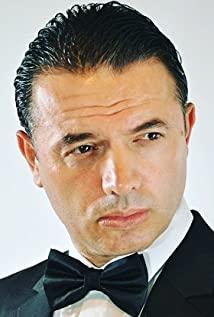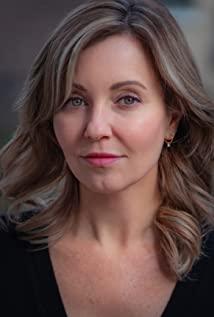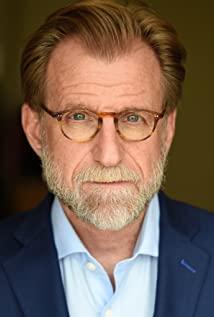Author: Slavoj Žižek
Translator: csh
For two reasons, we should congratulate Hollywood and its audience: finally there is such a film-let's face it-it presents the very dark side of highly developed capitalism, the nightmare it presents Such a scene has led some critics to define it as a "social horror film." Generally speaking, we have social dramas, which are films depicting social issues; we also have horror films. If these two types are to be combined, it is only possible because, in our daily society, there are some events that only appear in horror movies.
The second and more interesting reason is that we can observe the reaction that this film provokes, and this reaction can provide us with a panoramic picture that allows us to observe the political cohesion of contemporary America. On the one hand, conservatives fear that the film will incite violence. This is an absurd view. This work cannot incite any violence. In contrast, this film only depicts violence and makes you aware of the dangers that violence may bring.
As always, some people who insist on political correctness will have a certain fear of this film because it "adopts racist clichés and praises violence." This is also unfair. One of the most interesting positions comes from Michael Moore, a left-wing documentary creator. He supports this film because he thinks it is a sincere depiction of the truth. It really shows the lives of the poor. They were excluded from the United States and did not receive due medical care services.
Why do people like clowns appear? In his opinion, this film explains this problem. This is a critical presentation of American reality, which will give birth to people like clowns. I agree with his position, but I also want to further elucidate this argument.
"The stalemate of nihilism"
I think one part is very important, and that is the performance of the clown character at the end. He put on his iconic mask and became a character with rich connotation-this character represents extreme nihilism, self-destructive violence, and he frantically laughs at the despair of others. This is not a positive political image.
The way we read "Joker" should be like this: it wisely abandons the presentation of a positive image. A kind of leftist criticism of "Joker" may be this: "Yes, it does represent the reality of the American poor very well, but where are the positive forces? Where are the social democrats? Those are in their respective places. Where are the ordinary people?" If this film is really like what they say, then it will become an extremely boring movie.
The logic of this film is that these tasks can be left to the audience to do. It just presents the sad social reality and the predicament of this nihilistic reaction. In the end, the clown did not get real freedom. He only got a certain short-term freedom when he reached the point of nihilism.
What should we do? It depends on us.
In my opinion, the position of the character of the clown is somewhat similar to the idea of the Russian avant-garde painter Kazimir Malevich when he created "Black Square." This is a protest of minimalism-cut to nothing. The clown merely mocked all authority. This is destructive, but it lacks a positive purpose. We must traverse this desperate path by ourselves.
It is not enough to just play the game of those in power-this is the message that "Joker" wants to convey. In fact, as shown in this latest film, these people in power can become as kind as Bruce Wayne's father, and this "fact" is only part of the game. You have to get rid of all the stupidity of liberalism, which will obscure that desperate situation.
However, this is not the last step. It is just a starting point. It clears the table and makes room for some new things. This is how I look at this film. This is not the final, decadent scene. We must travel through this hell. Now, it is time for us to go further.
Social alarm
If only to explain the story behind it, it will bring some potential danger-in this way, we must come up with a rational explanation, and we must understand the character of the clown. But the clown does not need to be explained. To some extent, the clown is a creative person. In this film, he said this sentence at the critical moment of subjective change: "I used to think my life was a tragedy. But now I realize that it is a comedy."
For me, "comedy" here means that he has accepted all the despair of himself as a comedy character and has got rid of the last shackles of the old world. This is what he did for us. He is not a character worthy of being imitated. If we see the ending of the film—everybody is praising the great cause of the clown—and define it as the beginning of a new liberation movement, then we are wrong. Because this is not the case, this is just the final deadlock in the existing system: a society committed to self-destruction.
The elegance of this film is that it leaves the opportunity to us, and it allows us to establish some kind of positive substitute. This is a dark, nihilistic image that exists to awaken us.
Are we ready to face reality?
The leftists who are disturbed by "Joker" are the "Fukuyama-style leftists": In their view, the free and democratic order is the best order at the moment, and we just need to make it more tolerant. In this sense, everyone today is a socialist. Bill Gates said he supports socialism, and Mark Zuckerberg also said he supports socialism.
"Joker" tells us that this society needs more radical changes, and what we have done is far from enough. Those on the democratic left do not realize that this kind of dissatisfaction that is growing today is very serious. This existing system cannot cope with this sentiment through gradual reforms, more tolerance or a better medical insurance system.
These signs call for more radical changes.
The real question is whether we are ready to truly experience the despair we are in. As the clown himself said at some point in the film: "The reason I laugh is because I have nothing to lose. I am no one."
There is also a very interesting word game about this and the name of the clown. The real last name of the clown is Freck, and in German, "Fleck" refers to a spot, a meaningless spot. This is like "distortion", we need a new perspective to see something different.
I don’t trust the left-wing critics who are afraid of the film’s potential. In this regard, Moore's statement is very precise: you are afraid of the violence in this film, but you are not afraid of the violence in our real life. If you are frightened by the violence in the film, then you are just avoiding the real violence.
View more about Joker reviews


